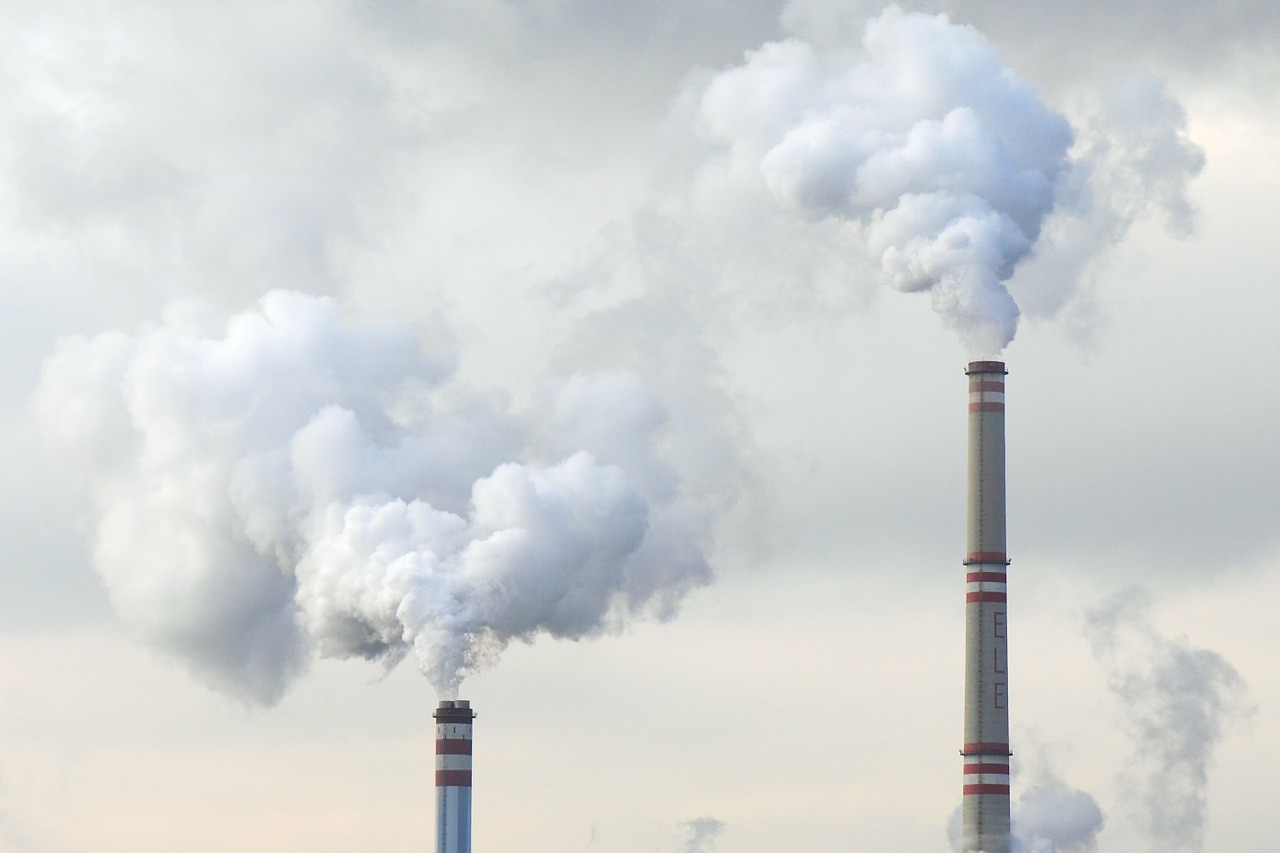It was a chilly Thursday and I was sitting in my normal window seat, half my attention on my professor and half on a gaping crack in the window, over which someone had slapped a piece of tape in a futile attempt to keep out the cold. It wasn’t long before my attention was diverted from my professor and the window by a commotion outside.
Students were gathering around the base of the Cathedral of Learning, wearing orange T-shirts over their bulky winter coats. A few of them were working busily to affix a fluorescent banner to the front of the Cathedral. Students made loud speeches and set off canisters of orange smoke, which eventually drifted its way through my window crack with a faintly sulfuric scent.
This disturbance was just the opening event in Fossil Free Pitt Coalition’s (FFPC) grand demonstration in support of divestment from fossil fuels, which would continue with an occupation of the bottom floor of the Cathedral that lasted from Feb. 21 to March 4.
During this time, a group of dedicated students would sleep on the hard stone floors of Pitt’s largest and most famous academic building. The demand of the FFPC was simple — they wanted Pitt’s Board of Trustees to vote on fossil fuel divestment, now.
The demand didn’t seem too unreasonable. Several schools have already voted for divestment for various reasons, including UMass — the first to divest in May 2016 — Georgetown and the University of California. But Pitt’s Board of Trustees still refused to hold a vote — why?
According to Fossil Free, divestment is simply the opposite of investment. Universities buy bonds, stocks and other investments to make revenue that allows them to stay up and running, and when they divest, they simply get rid of these various investments.
In the case of fossil fuel divestment, this would mean doing away with any bonds, stocks or investments that are related to or support fossil fuel companies. This is not an easy process, or a fast one. Fossil Free is asking universities to divest from direct ownership or any commingled funds involving fossil fuel public equities and corporate bonds within five years.
For some students, this only provides yet another reason for universities to begin the divestment process as soon as possible. After all, the negative impact of fossil fuels on the environment is well-known at this point; the National Resources Defense Council reports that in addition to accounting for three-quarters of our carbon emissions, fossil fuels also contribute to air pollution, water pollution and land degradation. Clearly, if we are to protect our environment effectively, we need to cut back on our fossil fuel consumption — and fast.
Fossil fuels don’t last forever, either. Unlike biofuels, fossil fuels are a nonrenewable resource, meaning that we have no means of creating more once we manage to suck every last drop of oil, gas and coal out of the earth. At the current rate of use, we are projected to run out of oil in 30 years, gas in 40 and coal in 70 — and we can’t wait around for hundreds of millions of years for new deposits to form.
One way to discourage the production of fossil fuels is to pull funding from fossil fuel companies, which is exactly what divestment would do. With the future of the fossil fuel industry looking grim and investments becoming more and more of a risk as public sentiment turns against the energy source, divestment seems like the smartest move.
However, not everyone agrees that universities should divest from fossil fuels. Divestment would inevitably decrease the income of the university, possibly leading to increases in tuition and less funding for future projects to make the university itself more sustainable.
Divestment is not easy or simple: Investments are often costly to sell; universities invest in mutual funds or commingled funds, meaning that they must sell more than just fossil fuel-related assets, and there is no agreed-upon list of assets that universities need to sell in order to fully divest.
Even if a university agrees to divest, carrying out the actual process is incredibly difficult and costly and will likely lead to disadvantages for students.
On top of that, the entire expensive process may not even show any results. It is unlikely that divestment will directly affect the fossil fuel industry — the assets will just be snapped up by less scrupulous investors, who will then likely spend the funds they receive from the highly profitable fossil fuel investments in other unsustainable industries. In other words, divestment might actually do more harm than good.
We also can’t ignore that we still use fossil fuels for a good reason: They are the cheapest and most reliable energy source currently available. Although fossil fuel use has been curbed somewhat in the United States and Europe, those same areas are continuing to mine fossil fuels ever more effectively using new technology.
In order to sell these money-making resources abroad, companies and individuals will inevitably use the cheapest resources available in order to generate more profit or save more money. We can’t blame these companies or individuals — in our capitalist world, they are only doing what makes the most sense.
So, should universities divest? Is the FFPC right to pressure the University of Pittsburgh to make a decision on this issue? The question remains unresolved. Ultimately, the sad truth is that universities may not have as much power as we as college students expect, but climate change remains the most pressing problem of our generation.
Even if our universities can’t make much of a difference by divesting, it is up to us as individuals and active citizens to shoulder the burden of climate change. We must take action now, whether that is cutting back our own fossil fuel consumption or pressuring governments to write policy that hinders fossil fuel companies. Climate change is real, and we can stop it — together.

















